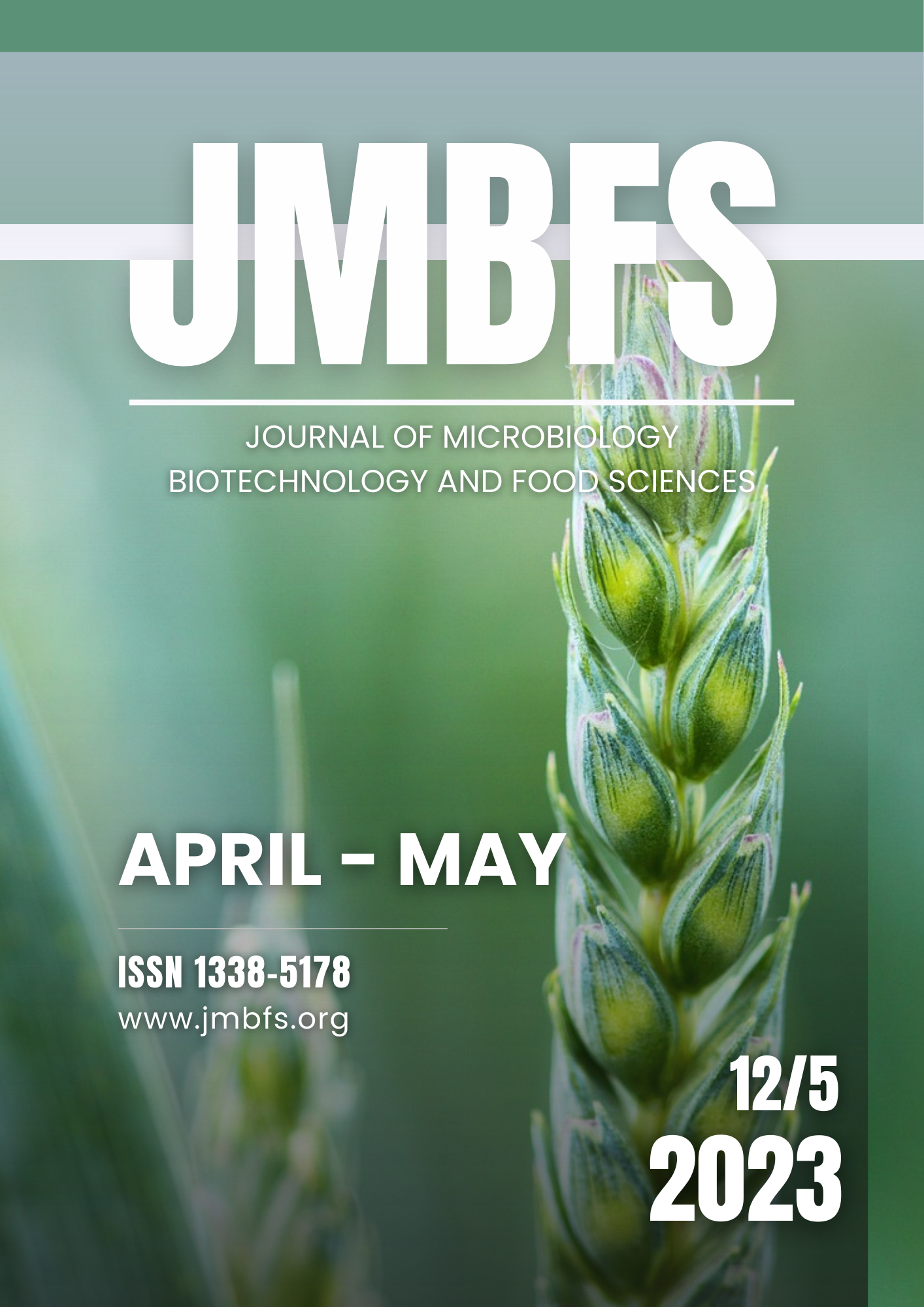ANALYSIS OF THREE NON-STRUCTURAL PROTEINS, NSP1, NSP2, AND NSP10 OF SARS-COV-2 AS PIVOTAL TARGET PROTEINS FOR COMPUTATIONAL DRUG SCREENING
DOI:
https://doi.org/10.55251/jmbfs.9586Keywords:
In silico, medicinal plants, Nsp1, Nsp2, Nsp10Abstract
Coronaviruses cause mild to severe respiratory infections. The highly contagious SARS-CoV-2 new coronavirus caused a global outbreak of atypical viral pneumonia in late 2019. Acute respiratory distress syndrome, multiple organ failure, respiratory failure, and death can result from the infection. This study aimed to evaluate the possible inhibition activity from numerous medicinal plants' bioactive compounds against three non-structural proteins, namely Nsp1, Nsp2, and Nsp10 of SARS-CoV-2, through the computational study. Molecular docking was performed on the ligands and the target protein. This study investigated multiple criteria, including binding affinity value, location, and chemical interaction. In this present study, we found the top three highest binding affinity values of bioactive compounds against Nisp1, namely cafestol, crocin, and ledene; the top three highest binding affinity values of bioactive compounds against Nisp2, including cafestol, kahweol, and theaflavin 3,3′-digallate; and top three highest binding affinity value of bioactive compounds against Nisp10 namely cafestol, kahweol, and theaflavin-3,3′-digallate. Interestingly, we also found that cafestol, crocin, and theaflavin-3,3’-digallate binds to all target proteins.
Downloads
Downloads
Published
How to Cite
Issue
Section
License
Copyright (c) 2022 Wira Eka Putra, Sustiprijatno, Arief Hidayatullah, Muhammad Fikri Heikal, Diana Widiastuti, Hary Isnanto

This work is licensed under a Creative Commons Attribution 4.0 International License.
All papers published in the Journal of Microbiology, Biotechnology and Food Sciences are published under a CC-BY licence (CC-BY 4.0). Published materials can be shared (copy and redistribute the material in any medium or format) and adapted (remix, transform, and build upon the material for any purpose, even commercially) with specifying the author(s).





